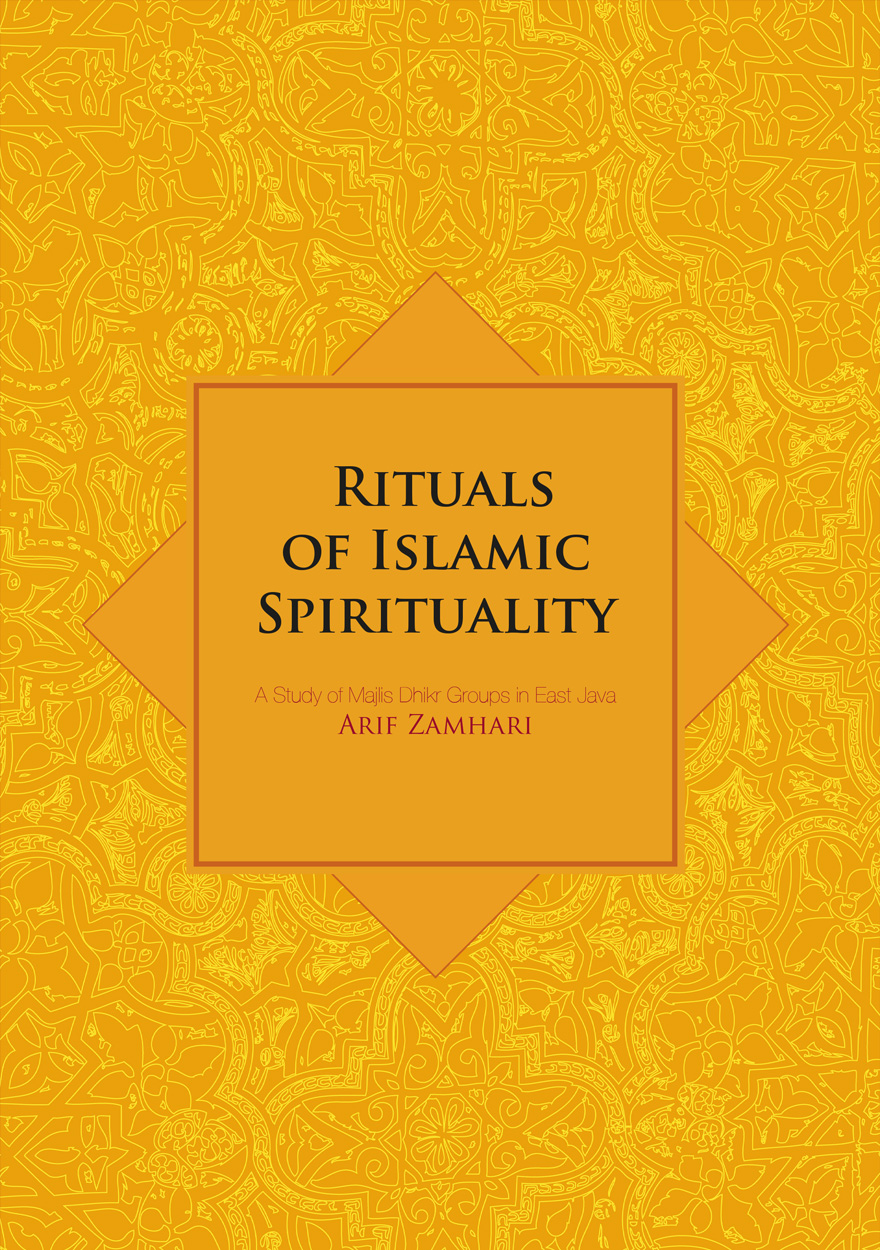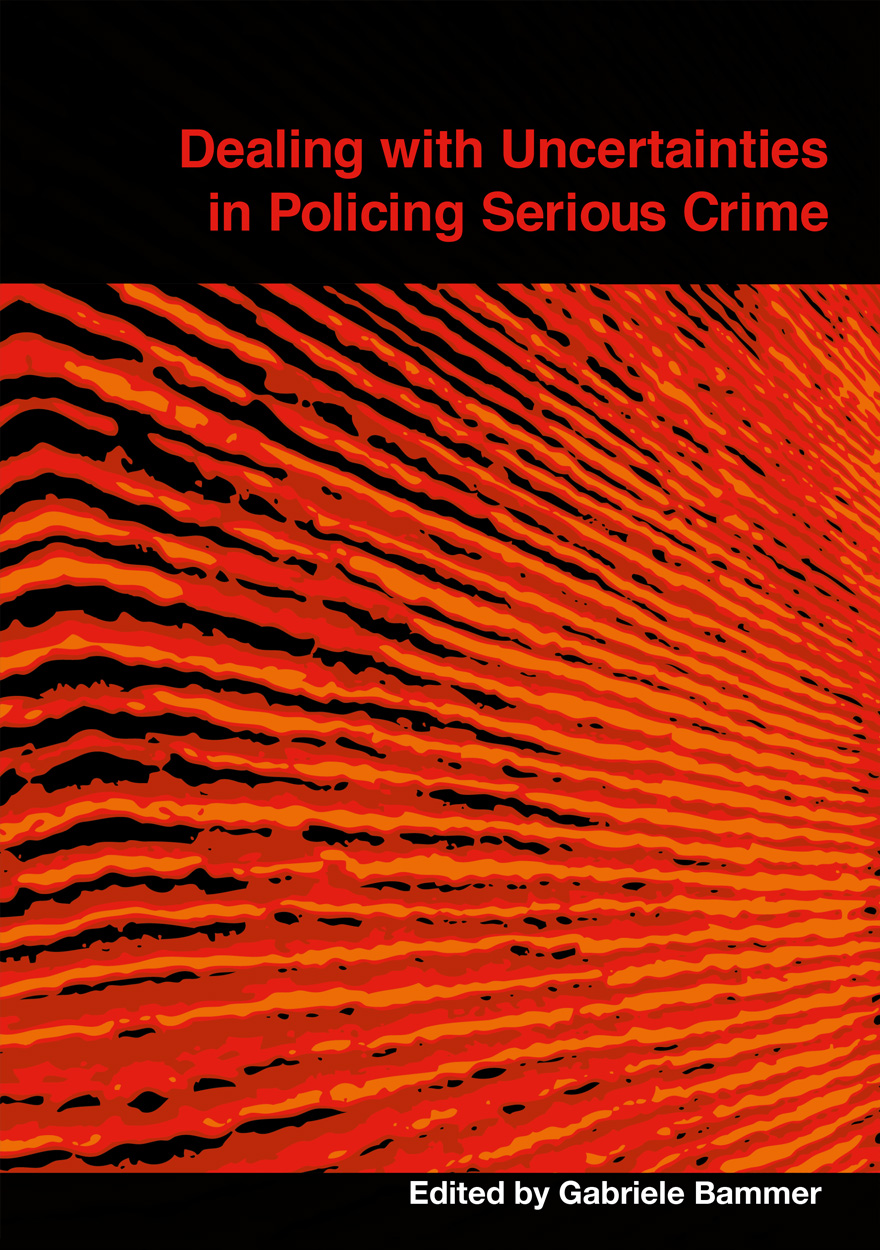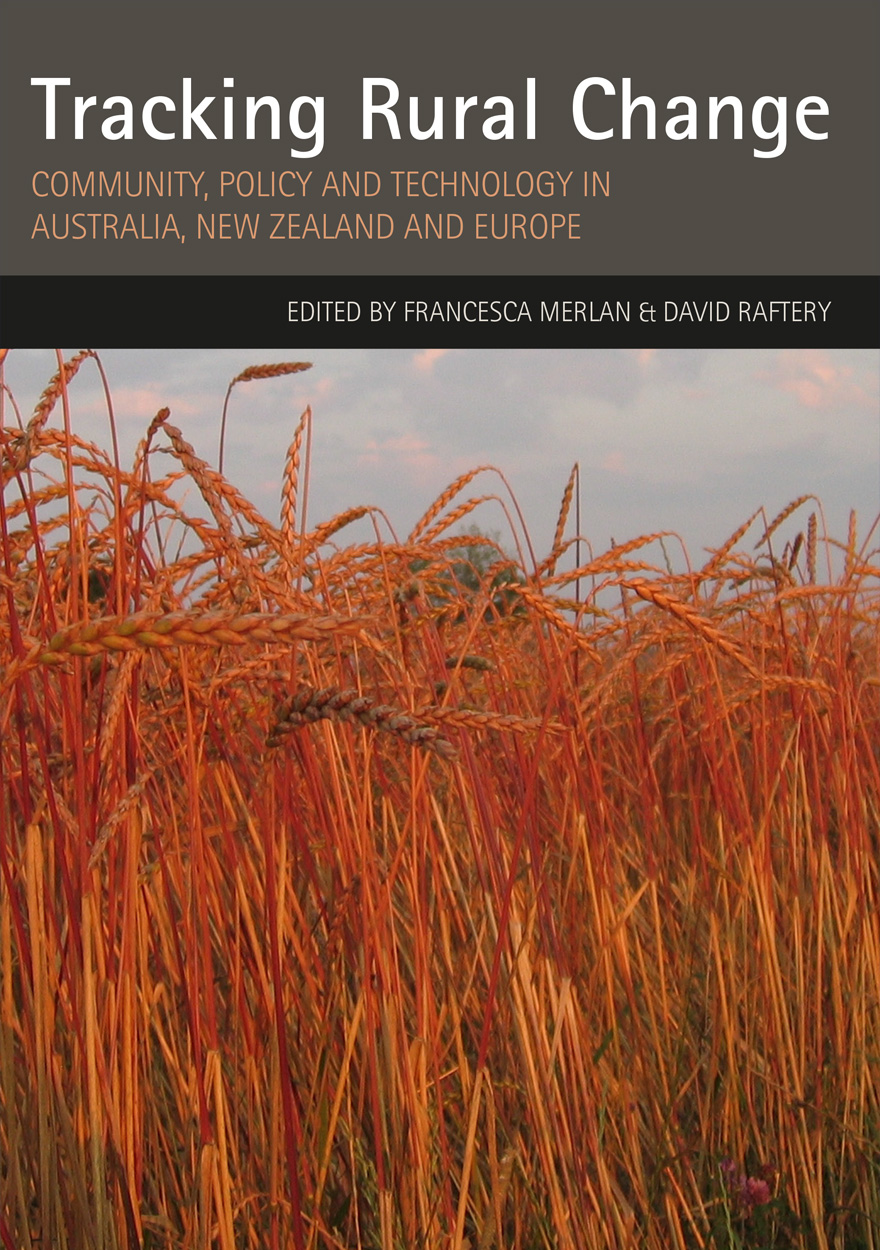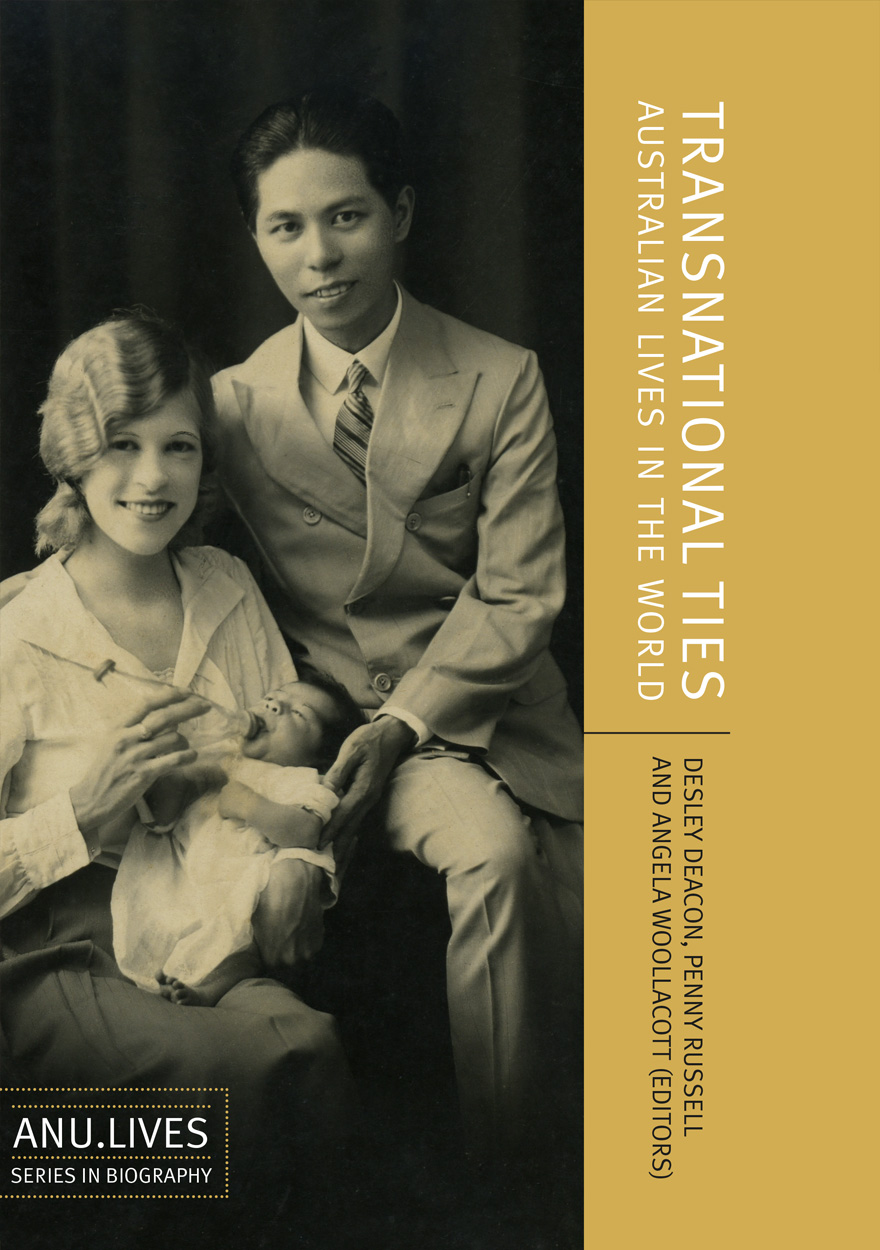Search titles
Displaying results 41 to 50 of 61.

Rituals of Islamic Spirituality »
A Study of Majlis Dhikr Groups in East Java
Authored by: Arif Zamhari
Publication date: July 2010
This study examines the emergence of new forms of Islamic spirituality in Indonesia identified as Majlis Dhikr. These Majlis Dhikr groups have proliferated on Java in the last two decades, both in urban and rural areas, and have attracted followers from a wide social background. The diverse aspects of these Majlis Dhikr groups – their rituals, teachings and strategies of dissemination as well as the popular understanding of these rituals and their contestation by critics and opponents – are examined in detail and illustrated by reference to three particular groups – Salawat Wahidiyat, Istighathat Ihsaniyyat and Dhikr al-Ghafilin each of which has its own distinctive features and notable religious leadership. These Majlis Dhikr groups regard their activities as legitimate ritual practices that are in accordance with the legacy of Islamic Sufism based on the interpretation of the Qur’anic and Prophetic tradition.

Education and Ethics in the Life Sciences »
Strengthening the Prohibition of Biological Weapons
Edited by: Brian Rappert
Publication date: June 2010
At the start of the twenty-first century, warnings have been raised in some quarters about how – by intent or by mishap – advances in biotechnology and related fields could aid the spread of disease. Science academics, medical organisations, governments, security analysts, and others are among those that have sought to raise concern.
Education and Ethics in the Life Sciences examines a variety of attempts to bring greater awareness to security concerns associated with the life sciences. It identifies lessons from practical initiatives across a wide range of national contexts as well as more general reflections about education and ethics. The eighteen contributors bring together perspectives from a diverse range of fields – including politics, virology, sociology, ethics, security studies, microbiology, and medicine – as well as their experiences in universities, think tanks and government.
In offering their assessment about what must be done and by whom, each chapter addresses a host of challenging practical and conceptual questions. Education and Ethics in the Life Sciences will be of interest to those planning and undertaking training activities in other areas. In asking how education and ethics are being made to matter in an emerging area of social unease, it will also be of interest to those with more general concerns about professional conduct.

Dealing with Uncertainties in Policing Serious Crime »
Edited by: Gabriele Bammer
Publication date: May 2010
Grappling with uncertainties is at the heart of investigating serious crime. At a time when such crime is becoming more complex and resources are increasingly stretched, this book draws together research and practice perspectives to review fruitful approaches to uncertainties and to chart the way forward. Scene setting chapters describe the consequences of globalisation and the spread of sophisticated information technologies (Sue Wilkinson), as well as advances in understanding and managing uncertainty (Michael Smithson). Ways of enhancing responses from statistics (Robyn Attewell), risk analysis (Richard Jarrett and Mark Westcott) and the psychology of decision making (Mark Kebbell, Damon Muller and Kirsty Martin) follow. These are complemented by insights from law (the Hon. Tim Carmody SC), politics (the Hon. Carmen Lawrence) and business (Neil Fargher), which all have significant intersections with policing. Synthesis is provided by the four final chapters which present the outlooks of the investigating officer and investigation manager (Peter Martin), the provider of policing higher education (Tracey Green and Greg Linsdell), the capacity-building consultant (Steve Longford), and the leader of a law enforcement agency (Alastair Milroy).

Sounds in Translation »
Intersections of music, technology and society
Edited by: Amy Chan, Alistair Noble
Publication date: September 2009
Sounds in Translation: Intersections of music, technology and society joins a growing number of publications taking up R. Murray Schafer’s challenge to examine and to re-focus attention on the sound dimensions of our human environment. This book takes up his challenge to contemporary audiologists, musicologists and sound artists working within areas of music, cultural studies, media studies and social science to explore the idea of the ‘soundscape’ and to investigate the acoustic environment that we inhabit. It seeks to raise questions regarding the translative process of sound: 1) what happens to sound during the process of transfer and transformation; and 2) what transpires in the process of sound production/expression/performance. Sounds in Translation was conceived to take advantage of new technology and a development in book publishing, the electronic book. Much of what is written in the book is best illustrated by the sound itself, and in that sense, permits sound to ‘speak for itself’.

Research Integration Using Dialogue Methods »
Authored by: David McDonald, Gabriele Bammer, Peter Deane
Publication date: August 2009
Research on real-world problems—like restoration of wetlands, the needs of the elderly, effective disaster response and the future of the airline industry—requires expert knowledge from a range of disciplines, as well as from stakeholders affected by the problem and those in a position to do something about it. This book charts new territory in taking a systematic approach to research integration using dialogue methods to bring together multiple perspectives. It links specific dialogue methods to particular research integration tasks.
Fourteen dialogue methods for research integration are classified into two groups:
Dialogue methods for understanding a problem broadly: integrating judgements
Dialogue methods for understanding particular aspects of a problem: integrating visions, world views, interests and values.
The methods are illustrated by case studies from four research areas: the environment, public health, security and technological innovation.

Precedence »
Social Differentiation in the Austronesian World
Edited by: Michael P. Vischer
Publication date: May 2009
This collection of papers is the sixth volume in the Comparative Austronesian series. The papers that comprise this volume examine the concept of precedence as a form of local discourse and as a mechanism for ordering status, at different levels, within specific Austronesian-speaking societies. This is the first volume of its kind to focus entirely on precedence and to provide an explication of its social uses and the way in which it is contested. Each paper is ethnographically-focused and offers its own distinctive approach to the examination of precedence. The papers, however, relate closely to one another and are thus able to proffer a variety of comparative reflections.

Tracking Rural Change »
Community, Policy and Technology in Australia, New Zealand and Europe
Edited by: Francesca Merlan, David Raftery
Publication date: April 2009
A key, intensifying change affecting rural areas in the last few decades has been a decline in the proportion of national populations whose principal livelihood is farming. The corresponding re-distribution of population has typically resulted in a net population loss to rural areas, and diversification of rural activity. The corporatization and technological modification of food production has prompted new policy challenges, and has bound rural and urban populations together in new relationships articulated in moral discourses of custodianship, food safety, and sustainability. Contributors to this volume came together in the attempt to stimulate collective insight into trends of rural change in Australia, New Zealand and Europe. The first two countries have been characterised by avowedly `neoliberal’ rural policy – with considerable departures from it in practice; Europe, on the other hand, by a mix of policy measures which attempt to integrate land management and sustainability, diversification and maintenance of a competitive farming sector within an overarching policy framework more overtly, though only partially, oriented towards sustaining rural society.
Aiming to build on research relating to the character of rural transitions, this volume offers substantive and critical contributions to the understanding of the sources of unpredictability, instability, and continuity, that underpin rural transition. The papers explore changes and continuities in policy, the governance of rural spaces, technological developments relating to rural areas and populations, and social forms of subjectivation and participation in increasingly diverse rural settings.

The Changing South Pacific »
Identities and Transformations
Edited by: Serge Tcherkézoff, Françoise Douaire-Marsaudon
Publication date: December 2008
The texts collected in this volume take an anthropological approach to the variety of contemporary societal problems which confront the peoples of the contemporary South Pacific: religious revival, the sociology of relations between local groups, regions and nation-States, the problem of culture areas, the place of democracy in the transition of States founded on sacred chiefdoms, the role of ceremonial exchanges in a market economy, and so forth.
Each chapter presents a society seen from a specific point of view, but always with reference to the issue of collective identity and its confrontation with history and change. The collection thus invites the reader to understand how the inhabitants of these societies seek to affirm both an individual identity and a sense of belonging to the contemporary world. In doing so, it informs the reader about the contemporary realities experienced by the inhabitants of the South Pacific, with a view to contributing to an intercultural dialogue between the reader and these inhabitants.

Negotiating the Sacred II »
Blasphemy and Sacrilege in the Arts
Edited by: Elizabeth Burns Coleman, Maria Suzette Fernandes-Dias
Publication date: December 2008
Blasphemy and other forms of blatant disrespect to religious beliefs have the capacity to create significant civil and even international unrest. Consequently, the sacrosanctity of religious dogmas and beliefs, stringent laws of repression and codes of moral and ethical propriety have compelled artists to live and create with occupational hazards like uncertain audience response, self-censorship and accusations of deliberate misinterpretation of cultural production looming over their heads. Yet, in recent years, issues surrounding the rights of minority cultures to recognition and respect have raised new questions about the contemporariness of the construct of blasphemy and sacrilege. Controversies over the aesthetic representation of the sacred, the exhibition of the sacred as art, and the public display of sacrilegious or blasphemous works have given rise to heated debates and have invited us to reflect on binaries like artistic and religious sensibilities, tolerance and philistinism, the sacred and the profane, deification and vilification.
Endeavouring to move beyond ‘simplistic’ points about the rights to freedom of expression and sacrosanctity, this collection explores how differences between conceptions of the sacred can be negotiated. It recognises that blasphemy may be justified as a form of political criticism, as well as a sincere expression of spirituality. But it also recognises that within a pluralistic society, blasphemy in the arts can do an enormous amount of harm, as it may also impair relations within and between societies.
This collection evolved out a two-day conference called ‘Negotiating the Sacred: Blasphemy and Sacrilege in the Arts’ held at the Centre for Cross Cultural Research at The Australian National University in November 2005. This is the second volume in a series of five conferences and edited collections on the theme ‘Negotiating the Sacred’. The first conference, ‘Negotiating the Sacred: Blasphemy and Sacrilege in a Multicultural Society’ was held at The Australian National University’s Centre for Cross-Cultural Research in 2004, and published as an edited collection by ANU Press in 2006. Other conferences in the series have included Religion, Medicine and the Body (ANU, 2006), Tolerance, Education and the Curriculum (ANU, 2007), and Governing the Family (Monash University, 2008). Together, the series represents a major contribution to ongoing debates on the political demands arising from religious pluralism in multicultural societies.

Transnational Ties »
Australian Lives in the World
Edited by: Desley Deacon, Penny Russell, Angela Woollacott
Publication date: December 2008
Australian lives are intricately enmeshed with the world, bound by ties of allegiance and affinity, intellect and imagination. In Transnational Ties: Australian Lives in the World, an eclectic mix of scholars—historians, literary critics, and museologists—trace the flow of people that helped shape Australia’s distinctive character and the flow of ideas that connected Australians to a global community of thought. It shows how biography, and the study of life stories, can contribute greatly to our understanding of such patterns of connection and explores how transnationalism can test biography’s limits as an intellectual, professional and commercial practice.



